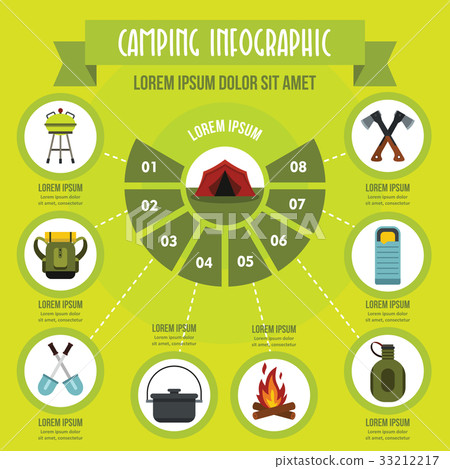While numerous campers focus on a camping tent's canopy to secure them from rainfall, snow, and insects, the camping tent flooring is similarly crucial. A top quality flooring uses security from standing water, soaked mud, and sharp rocks.
At White Duck Outdoors, we provide free-floating plastic floors that are tailored to each camping tent dimension. This allows you to select a flooring liner or use your very own canvas tarp as a liner.
Longevity
There are different kinds of floorings available for wall surface outdoors tents. Free-floating floors are different items that you lay on the ground before developing the outdoor tents, making them very easy to set up. A sewn-in flooring is a little bit more challenging, yet it offers outstanding defense from water and pests.
However, the very best alternative is a tent floor liner. A lining is thick and pressures any water or bugs to go under the floor instead of via openings in the tent. It likewise minimizes the quantity of dust that gets inside the camping tent, making it much easier to cleanse and keep.
All White Duck Outdoors wall camping tents include a free-floating flooring consisted of, so you do not have to stress over purchasing and setting up one independently. We recognize the importance of being able to customize your area and make camping more satisfying. The free-floating flooring makes the outdoor tents simpler to bring, tidy and store, luxuries that sewn-in or 3/4 floorings do not give.
Climate Resistance
When picking a safety cover for industrial or logistical functions, weather resistance is typically an essential factor. Canvas tarps are traditionally made from all-natural materials, while plastic tarps include innovative polymer engineering. This distinction in make-up causes dramatically various efficiency characteristics, maintenance demands, and ideal applications.
Plastic tarps are perfect for long term commercial insurance coverage due to their resilience, water resistant functions and chemical resistance. They additionally supply good UV protection and are lighter than canvas tarps. These homes make them the preferred selection for covering devices and building short-term structures.
Easy Maintenance
The resilience of vinyl floors and their resistance to deterioration translates into minimal maintenance requirements. Wipe-downs with moderate soap and water suffice to keep them looking tidy, while stubborn stains can usually be eliminated without much effort.
In contrast, canvas covers are most likely to soak up dampness over time, resulting in mold and mildew and mildew development otherwise appropriately dried or dealt with. Additionally, they may need even more constant waterproofing therapies to keep their protective residential properties.
Additionally, a woven material like cotton is prone to puncturing and tearing over time, making it much more prone to harm from sharp objects or rough surface areas. Plastic is crafted to withstand these hazards better, placing it as a remarkable option for durable protection applications. In addition, its artificial elements use exceptional sturdiness and longevity contrasted to canvas materials. Consequently, they typically have a reduced environmental footprint in regards to production and disposal. They also often tend to have a much more versatile customization capability, assisting in the incorporation of detailed layouts and color schemes.
Ecological Effect
As with all items, it is necessary to comprehend the environmental account of each material. This consists of every little thing from basic materials sourcing and manufacturing processes to usage long life and end-of-life disposal choices. This details enables businesses to make smarter options that straighten with sustainability goals while satisfying operational demands.
Sailcloth naturally aligns with fashion accessory eco-conscious objectives as a result of its naturally degradable nature and lower manufacturing impact. Its lighter weight converts to less storage space and transportation requirements. Its reduced maintenance needs and longer lifespan additionally lower general expenses.
Vinyl, on the other hand, depends on artificial components for its toughness and weather resistance. Its chemical treatments call for high energy input. Vinyl's non-biodegradable properties even more make complex recycling and waste management procedures. Nonetheless, it does provide exceptional waterproofing and UV destruction resistance to outdoor atmospheres.
